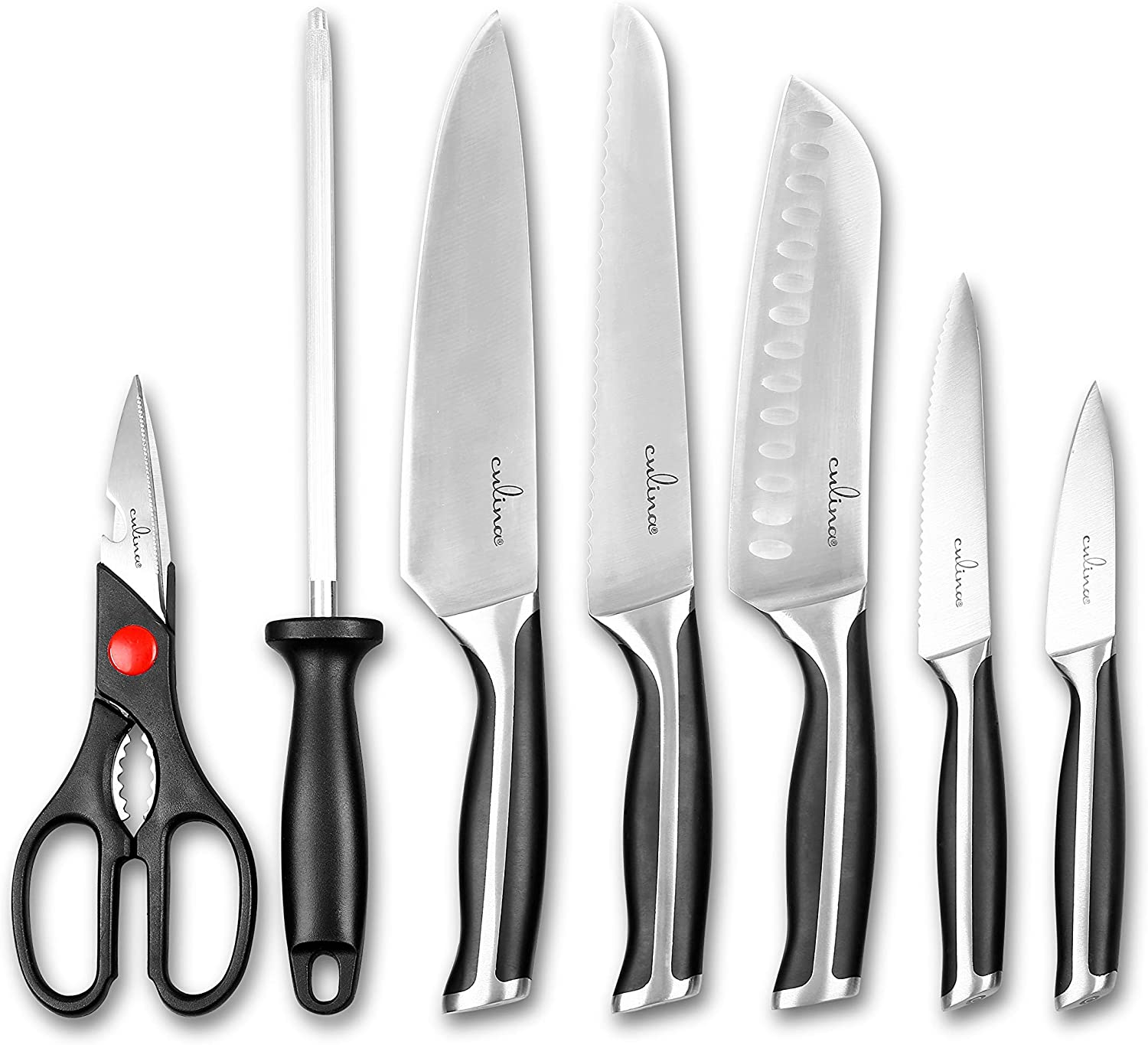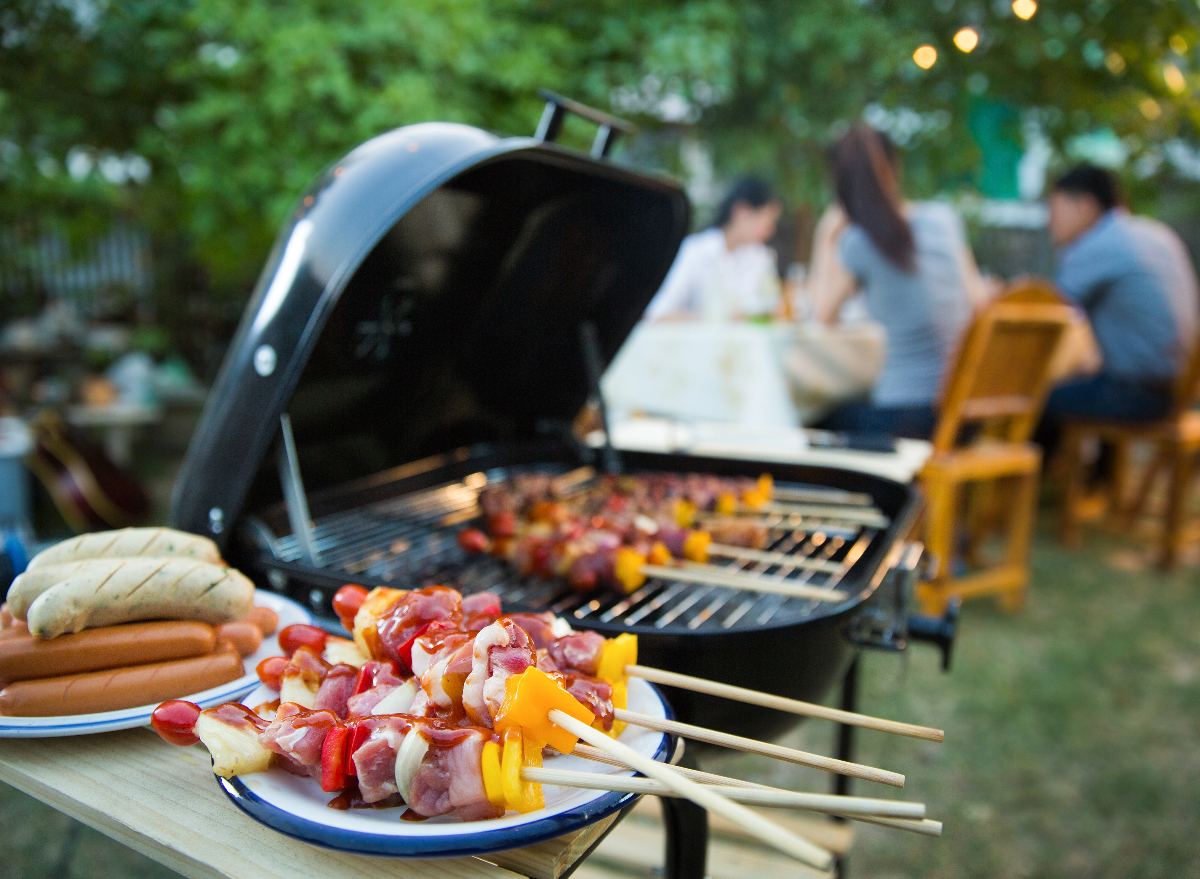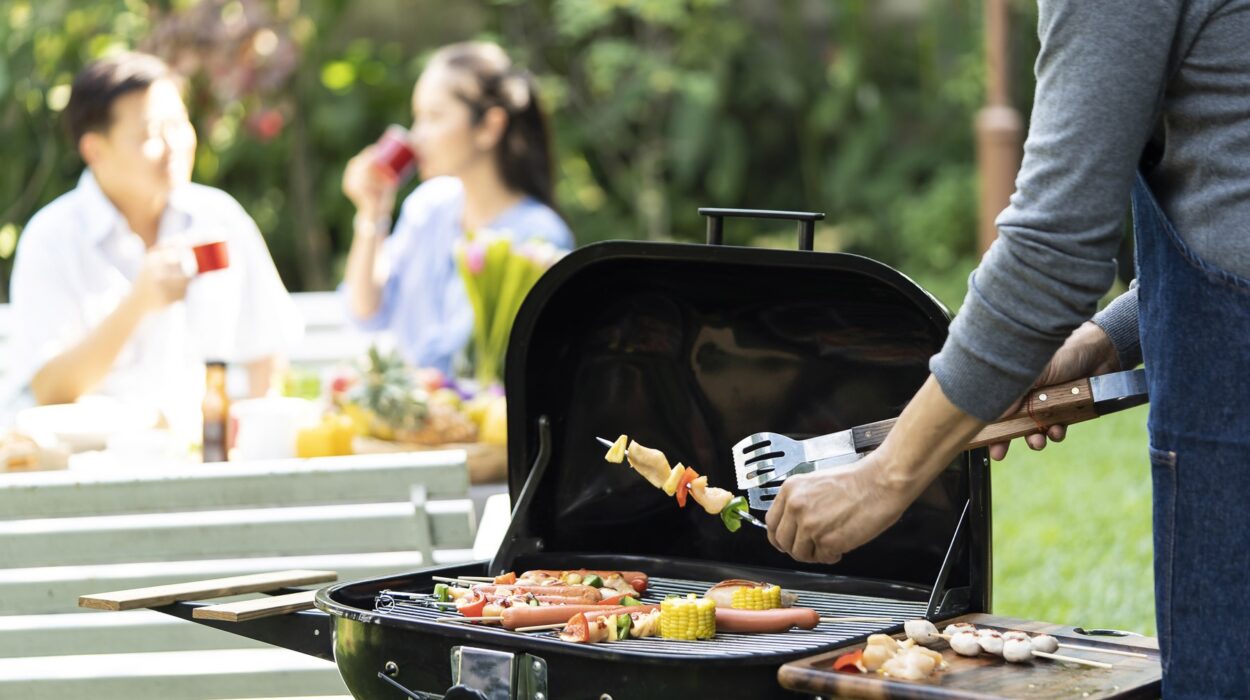
Introduction
Grilling is a cherished cooking method, and chicken legs are a popular choice among grill enthusiasts. Knowing how long it takes to cook chicken legs on a gas grill is essential for achieving delicious and safe-to-eat results. In this comprehensive guide, we’ll explore cooking times, techniques, and tips to create perfectly grilled chicken legs every time.

Why Choose Chicken Legs?
Chicken legs are affordable, flavorful, and versatile. They contain both dark meat and skin, which stay moist and flavorful compared to other parts of the chicken. Whether you’re planning a backyard BBQ or a quick weeknight dinner, chicken legs are an excellent choice.

Prepping Chicken Legs for the Grill
Selecting Quality Chicken Legs
Start with fresh, high-quality chicken legs. Look for skin that is intact and meat that is firm to the touch.
Marinating for Flavor
Marinades add flavor and moisture. A simple marinade can include olive oil, garlic, and your favorite herbs and spices. Allow the chicken legs to marinate for at least 30 minutes, but preferably a few hours or overnight.
Seasoning Simplicity
If you’re short on time, a quick rub with salt, pepper, and other spices can do wonders for your chicken legs. Make sure the seasoning gets under the skin for maximum flavor.
Setting Up Your Gas Grill
Preheating the Grill
Preheat your gas grill to medium-high heat, which is approximately 375-400F. This ensures even cooking and helps to get a nice sear on the chicken legs.
Using Two-Zone Cooking
Set up your grill with two heat zones: direct heat and indirect heat. This method allows you to sear the chicken first and then move it to indirect heat to finish cooking without burning.
Grilling Chicken Legs
Direct Heat Searing
Start by placing the chicken legs over direct heat for 3-4 minutes on each side. This creates a crispy skin and adds a smoky flavor.
Finishing with Indirect Heat
After searing, move the chicken legs to the indirect heat zone. Close the grill lid and cook for an additional 20-25 minutes until the internal temperature reaches 165F. This slow-cooking process ensures the meat is cooked through without drying out.
Tips for Perfectly Grilled Chicken Legs
Using a Meat Thermometer
A meat thermometer is your best friend for grilling. Insert it into the thickest part of the chicken leg without touching the bone to get an accurate reading.
Avoiding Common Mistakes
Avoid opening the grill lid too often, as it lets out heat. Also, resist the temptation to use high heat, as it can burn the skin while leaving the inside undercooked.
Resting the Meat
Let the chicken legs rest for a few minutes after grilling. This helps the juices redistribute, resulting in more flavorful and tender meat.
Safety Tips
Handling Raw Chicken
Always wash your hands, utensils, and surfaces after handling raw chicken to prevent cross-contamination.
Grill Maintenance
Regularly clean your grill to prevent flare-ups and achieve better grilling results. Make sure the gas connections are secure, and the grill is in good condition before use.
Additional Resources
For more tips on grilling, check out this external guide on gas grill techniques.
FAQs
Can I use frozen chicken legs on the grill?
It’s best to thaw chicken legs before grilling to ensure even cooking.
What sides go well with grilled chicken legs?
Popular sides include grilled vegetables, coleslaw, and potato salad.
How do I know when the chicken legs are done?
Use a meat thermometer to check that the internal temperature is 165F.
As an Amazon Associate, I earn from qualifying purchases.


